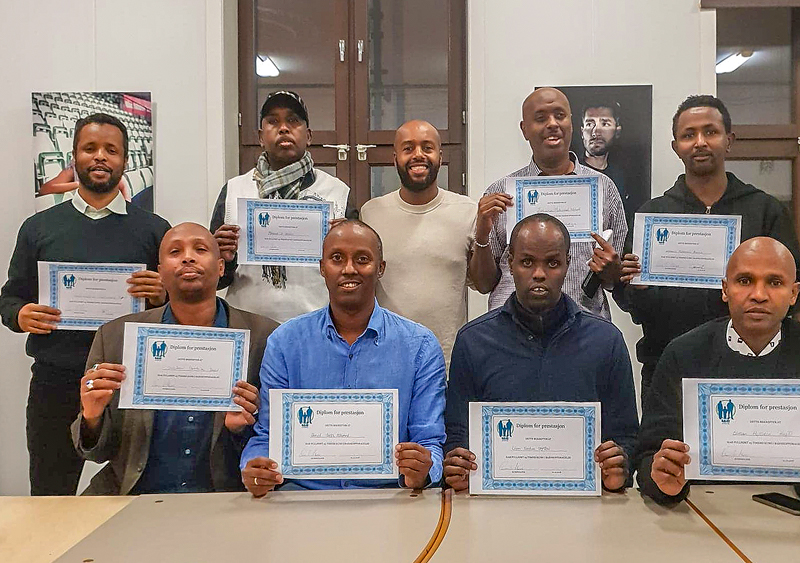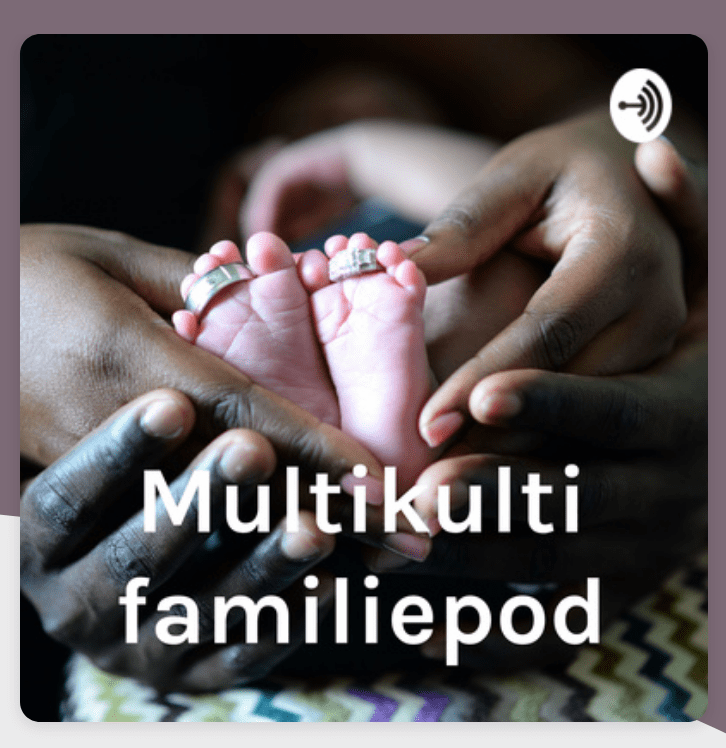Since 2015, MiR has worked with support from the Directorate of Integration and Diversity (IMDi) on disscussion seminars with parents about forced marriage, genital mutilation and negative social control. At the meetings, we have seen that parents are interested in knowing more, yet just one meeting does not result in an attitude change without follow-up. From 2015-2017, a number of seminars were arranged in cooperation with NAV (the Norwegian Labour and Welfare Administration), as well as various religious communities and organizations. 2018 focused on negative social control.

Lately, we have received reports from an increasing number of schools about youth who have been sent to their homeland, either because they display uncontrolled, disruptive behavior, or because the parents generally believe their children should spend a few years in their homeland in order to learn the language and culture. We have also received reports about this topic from youth themselves. Most parents have their children’s best interests in mind, and the idea may be good in theory, but it can have large consequences for the children’s education in Norway.
Many of the children who return to Norway at the end of secondary school (ungdomsskolen) or high school (videregående skole) in particular struggle to readjust back into the Norwegian school system. One issue that arises is language, since they missed important language development through the Norwegian school system, which affects how well they are able to follow along with the subsequent Norwegian teaching. Another consequence is the social aspect and attachment to the parents. In some of the schools abroad, the children may be subjected to violence and trauma, and deprivation of their freedom, which is a violation of the children’s integrity. In some instances, we see that children have a passive-aggressive relationship with their parents; they may seem loyal to their parents’ decision on the outside, yet it is not a secret that they struggle with school. In many instances, there are large conflicts within the family that result in even more serious disruptive and harmful behaviors such as refusing to go to school or abusing drugs. The youth support team and child welfare in Oslo have met many youth with these characteristics who have had an extended stay in their homeland.
In order to avoid the development where parents are so scared that their children will become “too Norwegianized” that they send them out of the country, we must work preventatively. The parents must receive information that they must build a good relationship with their children starting from a young age, along with information about finding help here in Norway if their children become too aggressive instead of sending them out of the country. If parents receive this information when their children are in secondary school, it is more difficult to create a change in the parents’ method of raising their children. It is even more difficult to repair relationships and habits after the children have been sent back to their homeland for longer periods of time.
Main Goal:
The project’s main goal is to conduct preventative attitude-creating and attitude-changing work against forced marriage, genital mutilation and serious restrictions on the freedom of youth from immigrant communities through dialogue-based empowerment work.
Implementated in 2018
The project has two parts: conversation groups with parents and general meetings with others about the topics. We have open meetings with parents where we talk about topics and where we can recruit people who want to have deeper conversations. In addition, we use personal contact, immigrant radio/TV and social media to recruit parents.
In every parent group, we want a minimum of 7-8 families. In each of the groups, 8-10 meetings are held to discuss topics related to forced marriage, genital mutilation and negative social control. Our focus will be on the latter since we believe that the most important thing is for parents to raise their children to think for themselves instead of reacting to external factors. Parents will gain some insight into challenges that youth face growing up in Norway with two cultures and get tips on how to deal with difficult situations without conflicts arising.


